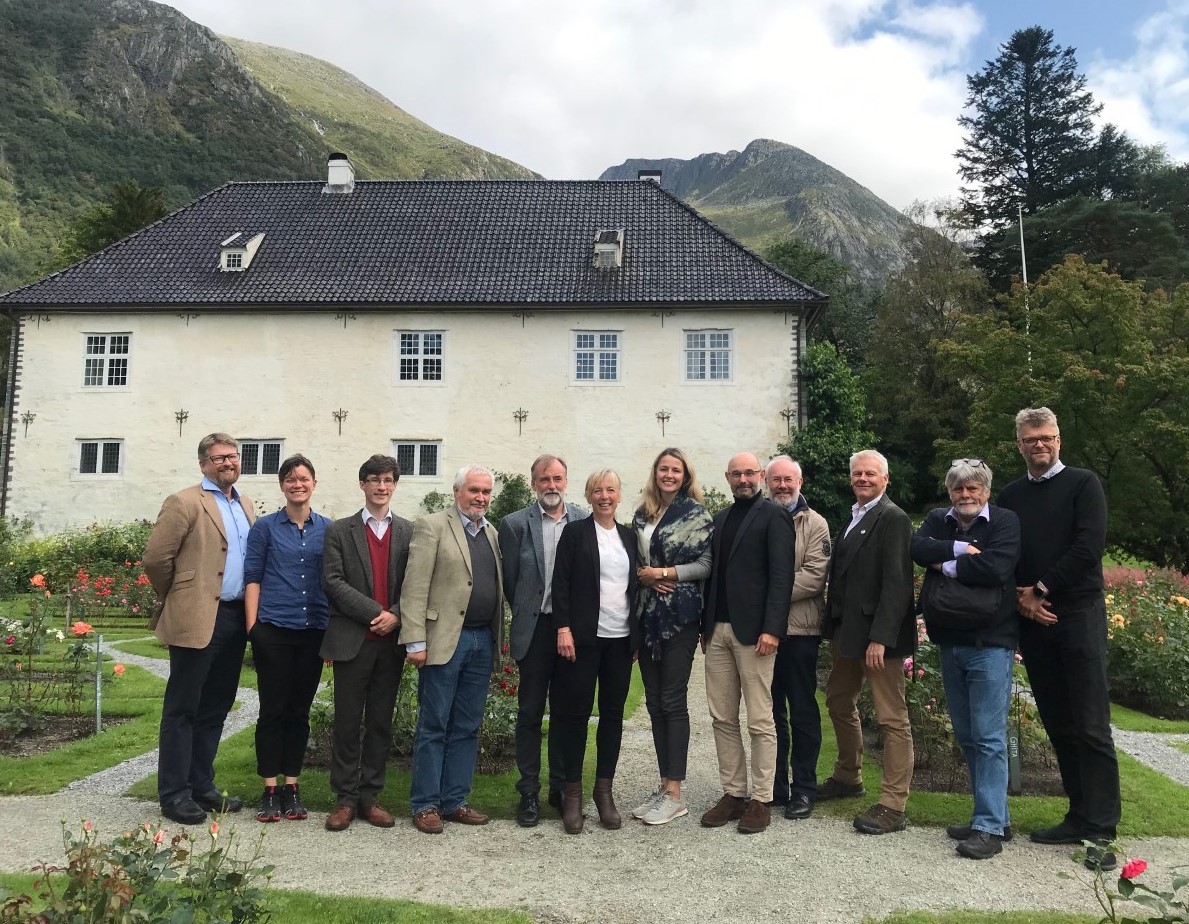by Katy Barnett, Professor of Law, The University of Melbourne[1]
As Alexandra Braun has noted, academic consideration of Scots law has tended to focus either on whether the particular hybrid of Roman law and common law is ideal, or on the ways in which Scots law has been influenced by other jurisdictions. It is less common for scholars to consider whether Scots law has influenced other systems, including English law.[2]
A recent English Court of Appeal case provides an opportunity to shine a light on the ways in which Scots law has influenced (and continues to influence) English law. In King Crude Carriers SA v Ridgebury November LLC,[3] the English Court of Appeal changed tack from earlier English cases, which had allowed a defendant who entered into a contract of sale to avoid forfeiting the deposit by deliberately failing to fulfil the condition precedent necessary to trigger the accrual of the debt. Instead, the Court chose to follow Scots law, and adopted the approach taken by Lord Watson in Mackay v Dick & Stevenson.[4] An appeal from this decision is currently before the United Kingdom Supreme Court.
Leave a Comment



